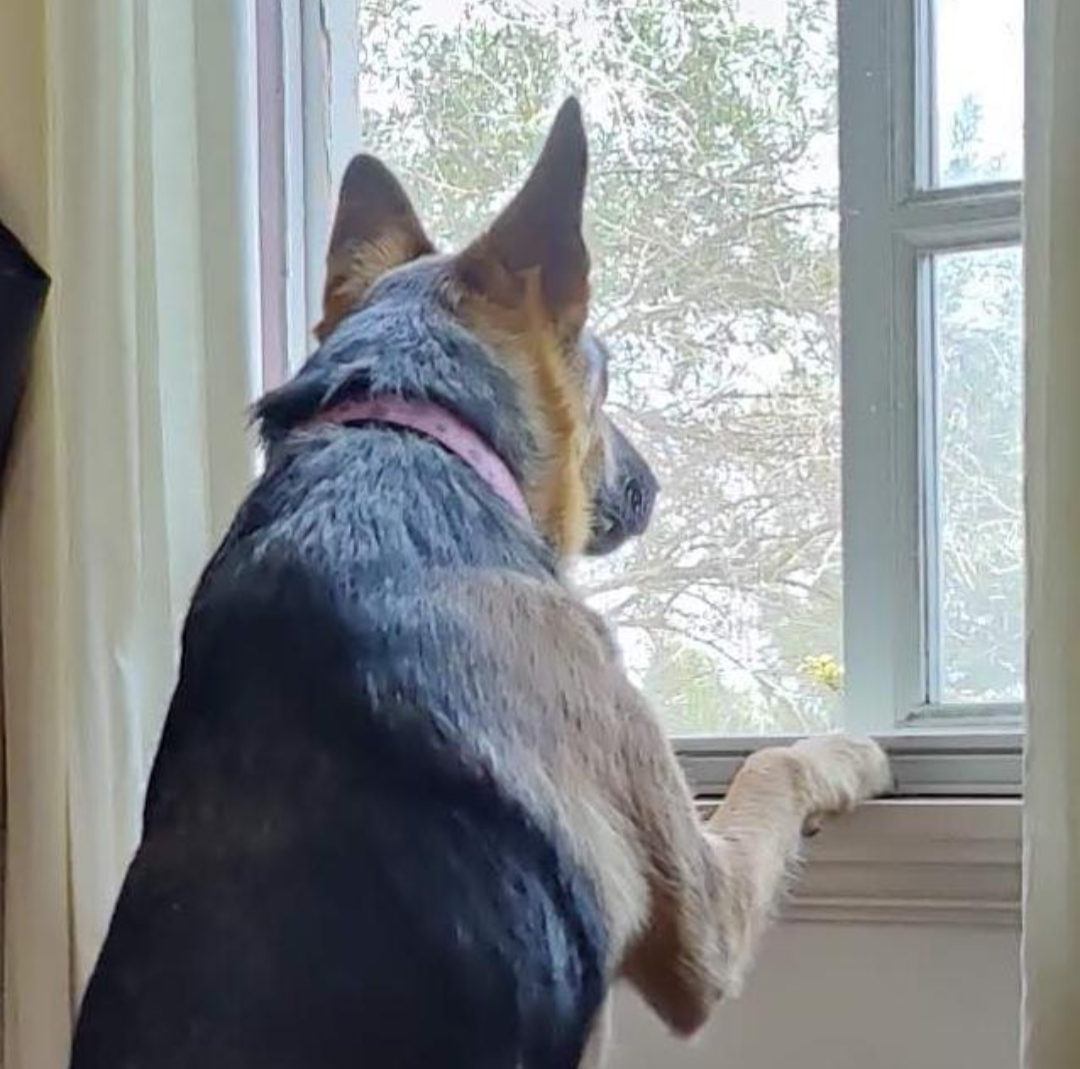Wait what even would you use that for??
And at what time of the year do people just suddenly say “huh I wish my cord was gay”??
There’s xmas lights you can daisy-chain. People put them the wrong way around and end up with the female connector going to the outlet. Rather than fixing their mistake, they try to have a male-to-male wire made, hence “at this time of the year”.
Some people have whole house generators for when their power goes out for extended periods of time. The simplest/ bad way to connect the generator to the house is a male to male connector to the breaker box.
Yes but NO!
If you have a generator you should have several security installions in place and at that point hard wired everything.
You need at least a switch that disconnects the system power and then enables the generator amd vise versa
I have a volt inverter (110 <-> 220) that use that kind of cable. It has two female inputs and this cable, if you want to transform from 110 to 220 you connect the male to the 110 output on the wall to the 110 input in the transformer and then your 220v appliance on the other side. Use everything the other way around to transform 220 to 110.
Back-feeding a generator into your house circuits. A very bad idea.
It really isn’t if you understand the wiring in your home
Counterpoint: most people do not understand the wiring in their home
Wouldn’t you connect a generator to your panel so the breaker could engage?
My guess would be to connect two strands of Christmas lights, since those tend to have a plug on one end and a socket on the other.
male to male? nah, this is cisphobia
Eh, let them have it







